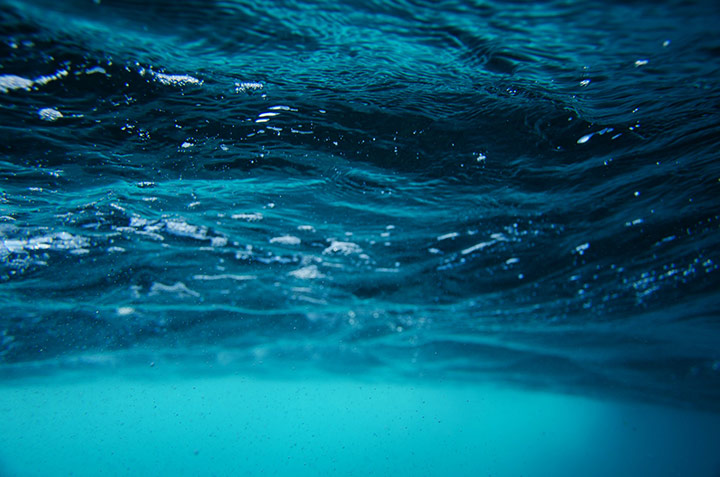Academic Teams Exhibit Strong Showing in Waves to Water Prize DESIGN Stage
If you were tasked with transforming saltwater into drinking water using only the power of the ocean, how would you do it?
Luckily, the winners of the DESIGN Stage of the U.S. Department of Energy (DOE) Waves to Water Prize have some great ideas—and they are working to turn them into reality!
Part of the Water Security Grand Challenge, the Waves to Water Prize will help meet the goal of delivering cost-competitive clean water to vulnerable communities. The prize challenges innovators to develop small, modular, cost-competitive desalination systems that employ ocean waves to generate drinking water for disaster recovery and for remote and coastal communities.

“I’ve seen increasing opportunities for water-related DOE projects under the framework of the Water Security Grand Challenge,” said Professor Shihong Lin, co-leader of Wave Drinkers, one of the DESIGN competition winners. “This is a particularly exciting time for water researchers, and I look forward to working with the DOE.”
Recently, the DOE Water Power Technologies Office announced the 17 DESIGN Stage winners who will share an $800,000 prize to build their proof-of-concept systems in a subsequent stage. During the DESIGN phase, teams were asked to prove they had the technical capacity and a sufficient plan to turn their concept into a functional prototype.
Among the 17 winners, four teams come from academic institutions and include both students and faculty.
- Representing the Nalu e Wai Team, students from the University of Hawaii designed a small-scale, rapidly-deployable oscillating wave surge converter to pump seawater into a reverse osmosis (RO) desalination system. Designed for disaster response and remote application deployment, their system uses lightweight materials that can be constructed and disassembled with ease.
- Team Wave Drinker hails from Virginia Tech and Vanderbilt University. Their wave-powered RO desalination system features an oscillating surge wave energy converter. Its modular design renders efficient device transportation, assembly, and deployment. The team estimates that the device could generate more than 340 U.S. gallons of fresh water every five days.
- The Wave Actuated Tethered Emergency Response Buoyant Reverse Osmosis System, from which the WATER BROS Team got its name, is the brainchild of a collaboration between North Carolina State University and the University of North Carolina at Charlotte. The device is a low-cost, wave-powered potable water generation unit designed to be easily repaired with locally sourced materials and standard tools.
- The OCEAN WATERS Team from the Massachusetts Institute of Technology developed a wave-energy harvesting solution that uses RO technology to produce drinkable water. The device has three main components: a wave-energy converter in the form of a large inflatable PVC buoy; a lightweight power take-off and mooring platform; and an onshore RO desalination system making it easily accessible for maintenance and repair.
“The idea of providing drinkable water in disaster relief areas using wave power was not only interesting and challenging, but also a great opportunity to work together as a team and combine our individual skillsets,” said João Seixas de Medeiros, a graduate student on team OCEAN WATERS.
Beyond the promising desalination system designs presented during the CONCEPT Stage, the competition also offers lessons learned and educational opportunities for both the participating teams and represented academic institutions.
“My students and classes moving forward will enjoy the secondhand benefits of [participating in this prize] as I bring [what we’ve learned] back to the classroom,” said WATER BROS’s Wesley Williams, an associate professor at University of North Carolina at Charlotte.
Next up, the winners will compete in the ADAPT Stage. Each team will have 180 days to develop their design to fit the specific site requirements at Jennette's Pier in North Carolina’s Outer Banks.
Stay up to date on competition news and progress by following the American-Made Challenges Twitter feed.
Last Updated May 28, 2025
